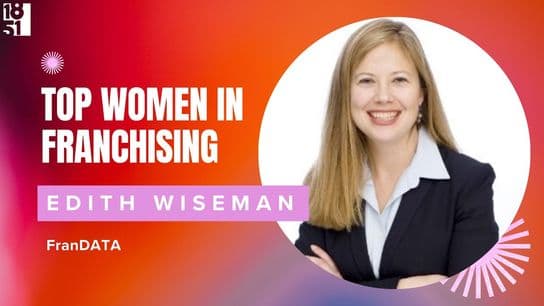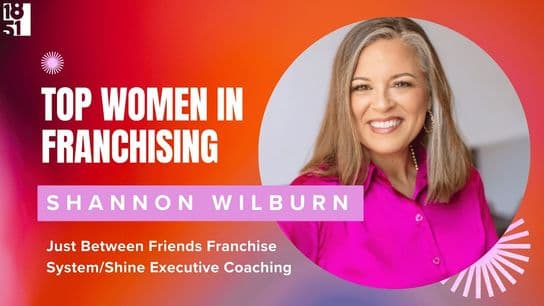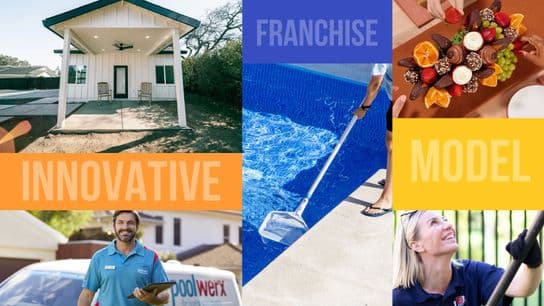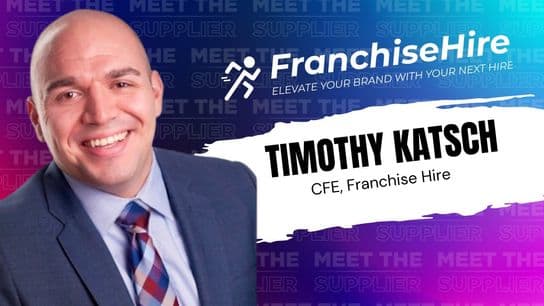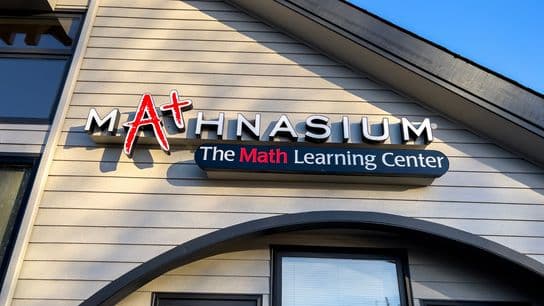Franchising Expert Explains Why Brands Want to Attract Multi-Unit Franchisees
Multi-brand owner and franchise development group CEO Joshua Kovacs breaks down the mutual benefits for both sides of the contract.
In the world of franchising, there is no “one size fits all” approach. Some business owners are just starting their entrepreneurial journey, while others have a growth-driven mindset to multiply their portfolios. For the latter, multi-unit agreements are an excellent way for them to achieve their goals of expanding. It’s also very beneficial for the companies themselves to grow internally.
“Franchisors really want multi-unit franchisees because they are getting somebody who has a ton of built-in resources that can help their brand grow in the right way because they are already familiar with it,” said Joshua Kovacs, CEO of Oakscale Franchise Development and multi-unit owner of PetWellClinic and Xpresso Delight USA locations. “And the trade-off is that they are spending less money on support than having to train a bunch of individual owners or single-unit franchisees.”
The benefit also extends to franchisees, who are already experts on the company, so the “best thing is just to double down on the brand you've already mastered and open more locations,” Kovacs explained. One of the reasons business owners will sign for multiple units upfront rather than one at a time is because fast-growing companies can run out of territories, and someone else may sign on for a neighboring region they had been eyeing.
There is also an advantage to signing franchise agreements earlier because deal terms tend to become more aggressive over time as a brand grows. The first few franchises typically can secure larger areas for cheaper, and then things get more nuanced as the franchisor becomes more sophisticated, Kovacs explained.
In order to attract these types of business owners willing to make large investments upfront and take on risks to lock down territory rights, brands must have a detailed multi-unit development agreement drafted.
“Franchisors can set up a multi-unit strategy and talk through that as part of their sales process. They need a multi-unit development agreement that goes beyond that franchise agreement if they are going to sell to multi-unit operators,” said Kovacs.
Some businesses will pre-define territories in packs of three, five or 10, while others have terms that are more open-ended and up for discussion during the agreement process. This is how franchise owners can sign on for multiple at once and lock in the locations while paying over time.
“They would effectively work out a deal where they sign a franchise agreement and pay a franchise fee for that first agreement but are also signing a development agreement to take down all of that city,” said Kovacs. “And the development agreement will typically have deal terms about what the market is, how many franchise fees are being paid upfront, and what their development terms are.”
“If they're getting into a franchise for $500,000 and they pay an incremental $200,000 or 300,000 more to lock down territory rights that go well beyond that unit, it tends to make a lot of business sense to do so,” he added.



